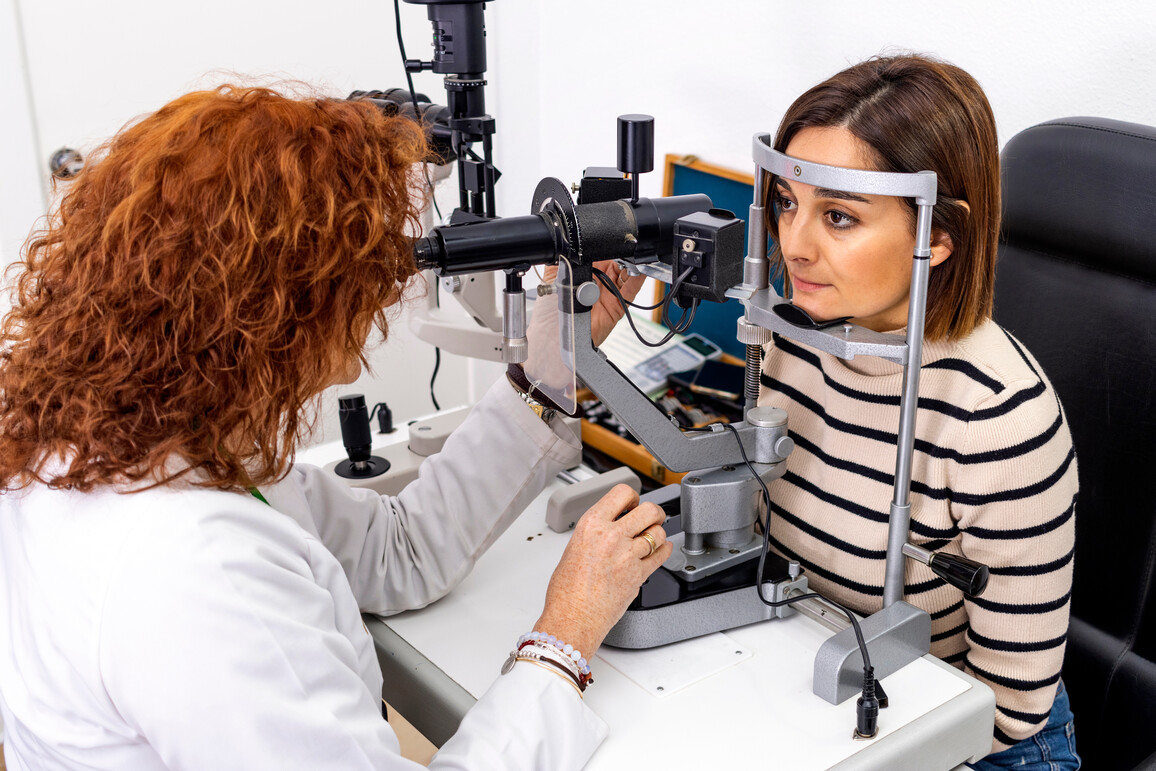NeuroScope – A pupillometry app for the clinical application of neurocognitive tests : Date:
Max-Planck-Gesellschaft zur Förderung der Wissenschaften e.V. – Dr. Victor Spoormaker
conceptual period
Recipient: Max-Planck-Gesellschaft zur Förderung der Wissenschaften e.V. (Max Planck Society for the Advancement of Science – MPG)
Funding: Go-Bio initial (01/10/2022 to 30/09/2023, EUR 98,590.24)
Conventional pupillometers are used in the field of diagnostics to measure the size of the pupil. However, pupillometers are costly and cannot run different processes synchronously.
The NeuroScope project aims to develop a smartphone app as a neuro-psychiatric test pupillometer for capturing high-resolution images of the pupil (pupillometry). Unlike existing diagnostic tools, the novel pupillometer allows sensory data collection while performing cognitive tests with visual stimuli on the smartphone screen. The method is also an inexpensive and widely applicable alternative to conventional pupillometers. As a digital diagnostic tool, the smartphone app can be used by doctors in the medical field, but also in the self-testing of symptomatic patients. With the use of the app as a neuro-psychiatric test pupillometer, early detection of cognitive impairments in neurodegenerative diseases would be possible.
In the exploratory phase the chances of transferring the promising technology into practical application and thereby, ultimately, into commercial use are to be explored. For this purpose the market situation is being analysed, technical challenges are being defined and potential partners are being identified. As a result of the project, prioritised exploitation options are to be developed. An additional implementation strategy for market entry is to be designed.
feasibility stage
Recipient: Max-Planck-Gesellschaft zur Förderung der Wissenschaften e.V. (Max Planck Society for the Advancement of Science – MPG)
Funding: GO-Bio initial feasibility phase 3 (01/10/2023 to 30/09/2025, EUR 543,991.67)
Pupillometry is the diagnostic measurement of pupil size. Pupil dilation is seen as a surrogate marker for cognitive processes. Clinical-scientific studies have shown that pupil dilation in patients with Alzheimer’s disease is reduced in comparison to control groups. Several studies showed no differences for those patients afflicted with slight cognitive limitations. Thereby, pupil dilation could be used as a potential biomarker, which reflects cognitive degradation in people who transition into a neurogenerative disease. One of the main problems entails that even automated pupillometry requires expensive research devices and a comprehensive post-processing of raw data. This is not generally feasible for most hospitals and clinics.
During the feasibility phase the precision and validity of mobile pupillometry is to be tested in the clinical environment with the goal of developing an easily scalable and ready-to-use clinical tool.
